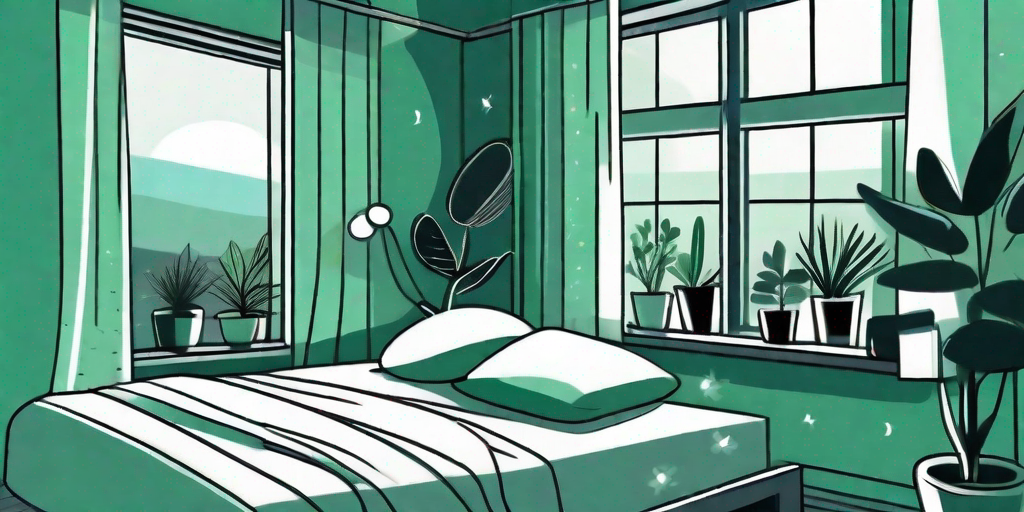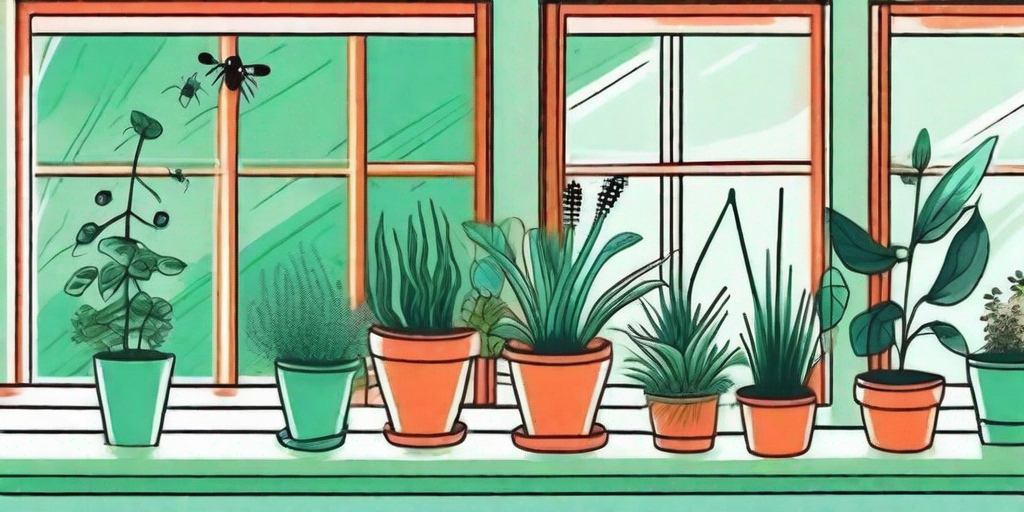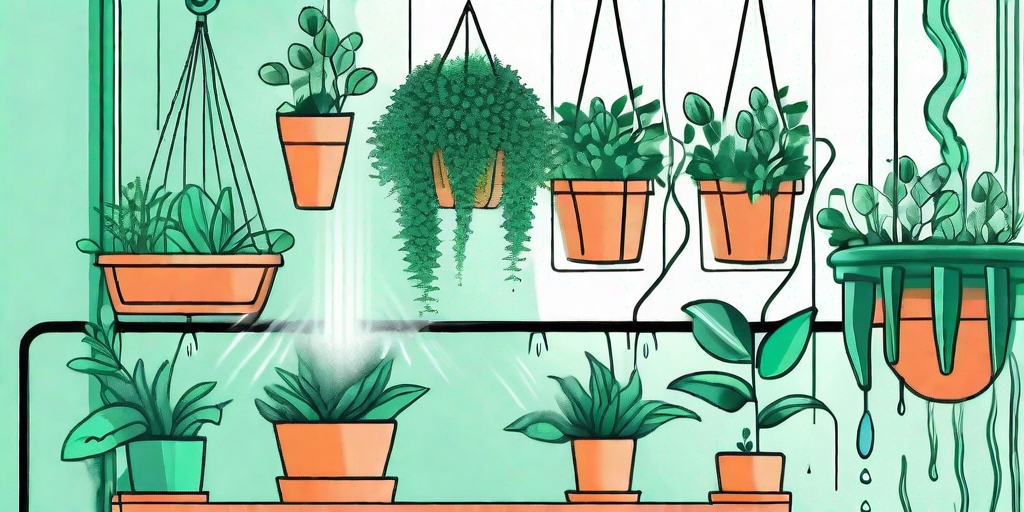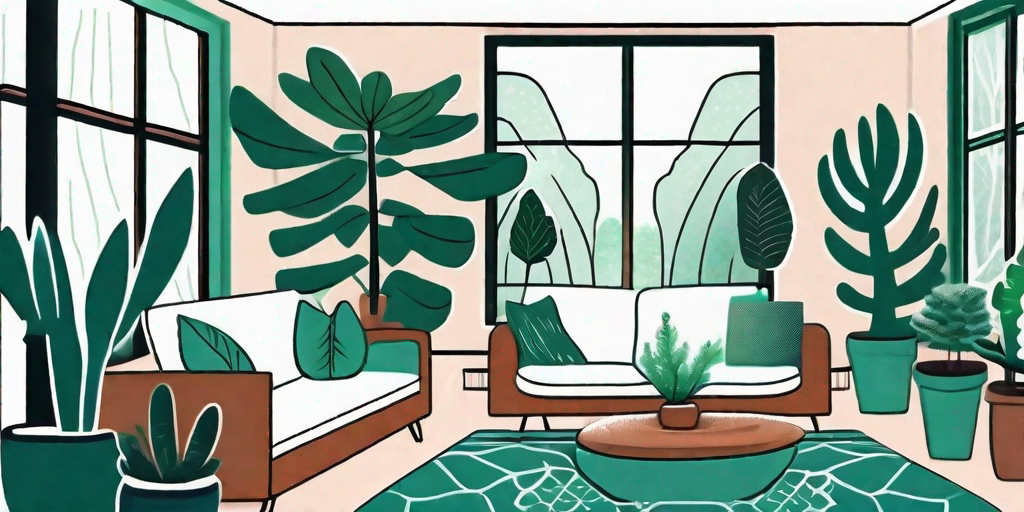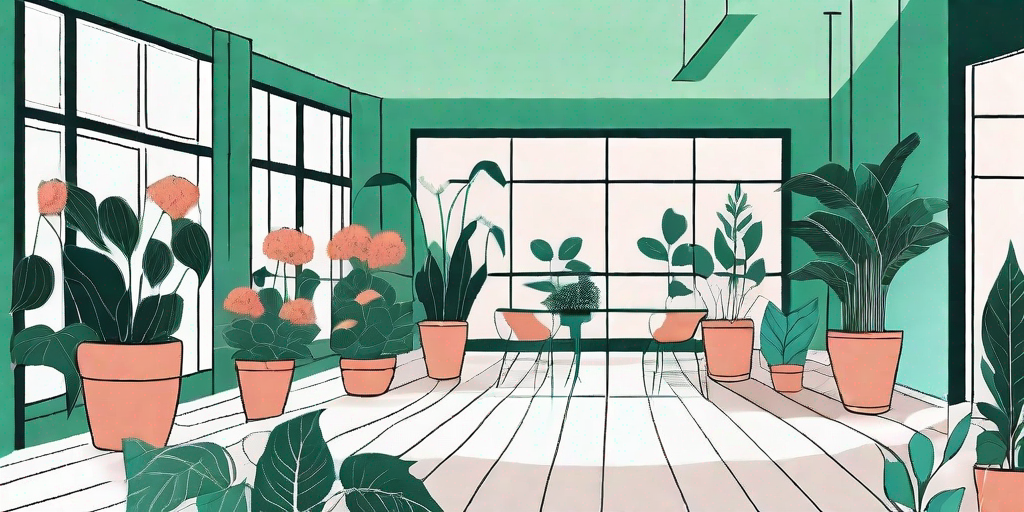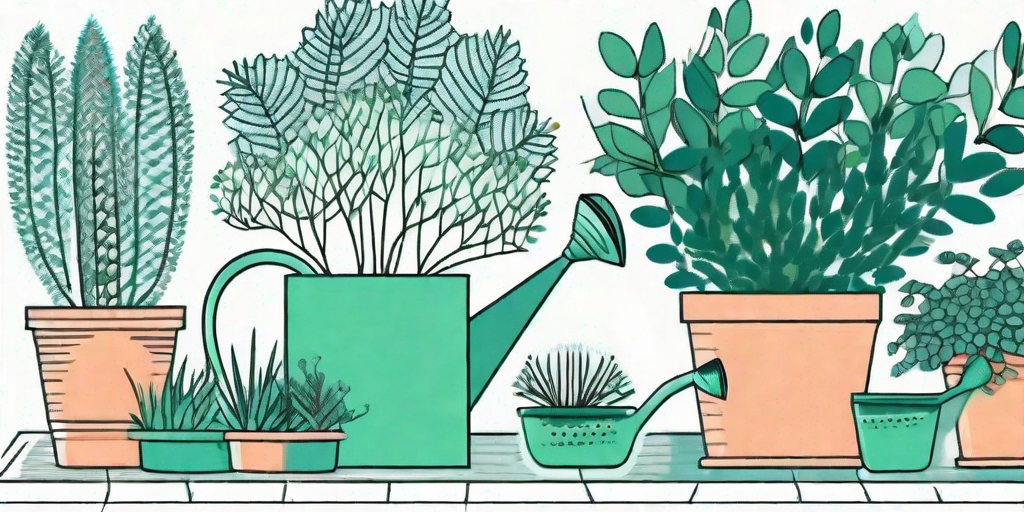
If you've ever woken up feeling groggy, grumpy, and generally out of sorts, you might have blamed it on a bad dream, a late-night snack, or that last episode of your favorite show you just couldn't resist. But have you ever considered that the solution to your sleep woes might be as simple as adding a bit of greenery to your bedroom? Yes, you heard it right. Plants, those silent, leafy companions, can actually help you sleep better. And no, we're not talking about the kind of plants you smoke. We're talking about the kind you water and talk to when no one's looking.
The Science Behind the Greenery
Before you start accusing us of being tree-hugging hippies, let's get scientific. Plants, through the process of photosynthesis, absorb carbon dioxide and release oxygen. This is great news for us oxygen-breathing creatures. But it gets better. Some plants also release negative ions, which are believed to increase levels of serotonin in the brain, leading to relaxation and improved mood. Now, who wouldn't want to sleep in a room filled with happiness-inducing, oxygen-pumping greenery?
Moreover, certain plants have been found to purify the air by removing toxins, which can lead to better overall health and improved sleep quality. NASA, yes, the space people, even conducted a study on this and found that plants like the snake plant, English ivy, and spider plant are particularly effective at this. So, if it's good enough for astronauts, it's probably good enough for us earthlings.
Plants and Humidity
Another benefit of having plants in your bedroom is that they can help regulate humidity. Plants release moisture into the air through a process called transpiration. This can be particularly beneficial in dry climates or during winter when indoor air tends to get dry due to heating. Dry air can lead to dry skin, sore throat, and other discomforts that can disrupt your sleep. So, having plants in your bedroom is like having a natural humidifier.
However, keep in mind that too much humidity can also be a problem, leading to mold growth and other issues. So, if you live in a humid climate, you might want to skip the jungle look and stick to a few well-chosen plants.
Choosing the Right Plants
Now that we've convinced you of the benefits of sleeping with greenery, let's talk about which plants you should invite into your bedroom. Not all plants are created equal, especially when it comes to improving your sleep. Here are a few plants that are known for their sleep-enhancing properties.
- Lavender: Lavender is known for its calming scent, which can help reduce anxiety and improve sleep.
- Jasmine: Jasmine also has a soothing scent that has been found to improve sleep quality.
- Snake Plant: Snake plants are one of the plants identified by NASA for their air-purifying properties. They also release oxygen at night, making them a great choice for a bedroom plant.
- Aloe Vera: Like the snake plant, aloe vera releases oxygen at night. It also has the added benefit of being easy to care for, making it a great choice for those lacking a green thumb.
Of course, these are just a few examples. There are many other plants that can help improve your sleep. So, feel free to explore and find the ones that work best for you.
How to Incorporate Plants into Your Bedroom
So, you're ready to turn your bedroom into a green oasis. But where do you start? Here are a few tips to help you incorporate plants into your bedroom without turning it into a jungle (unless that's what you're going for).
- Start small: If you're new to the world of indoor plants, start with one or two easy-to-care-for plants and see how it goes.
- Consider your space: Some plants require more space than others. Make sure you choose plants that fit your space and don't overcrowd your room.
- Think about light: Different plants have different light requirements. Make sure you choose plants that will thrive in the amount of light your bedroom gets.
- Don't forget about care: Some plants require more care than others. If you're not ready for a high-maintenance plant, choose ones that are easy to care for.
Remember, the goal is to improve your sleep, not to add more stress to your life. So, choose plants that you enjoy and that fit your lifestyle.
Frequently Asked Questions
Can any plant improve sleep?
While many plants can improve air quality and humidity, not all of them have the same impact on sleep. Plants like lavender and jasmine, which have calming scents, and snake plant and aloe vera, which release oxygen at night, are particularly beneficial for sleep.
Can I have too many plants in my bedroom?
While plants can improve air quality and humidity, having too many of them can lead to too much humidity, which can cause mold growth and other issues. So, it's important to find a balance that works for your space and climate.
Do I need to care for my plants?
Yes, all plants require some level of care, including watering, feeding, and sometimes pruning. However, some plants require less care than others. If you're new to plants or don't have a lot of time, choose low-maintenance plants.
Conclusion
So, there you have it. Sleeping with greenery is not just for tree-hugging hippies. It's a scientifically-backed way to improve your sleep and overall health. So, why not give it a try? You might just find that the secret to a good night's sleep has been leafing around your local nursery all along.
And remember, the next time someone accuses you of being a plant hoarder, just tell them you're improving your sleep hygiene. They can't argue with science, can they?



